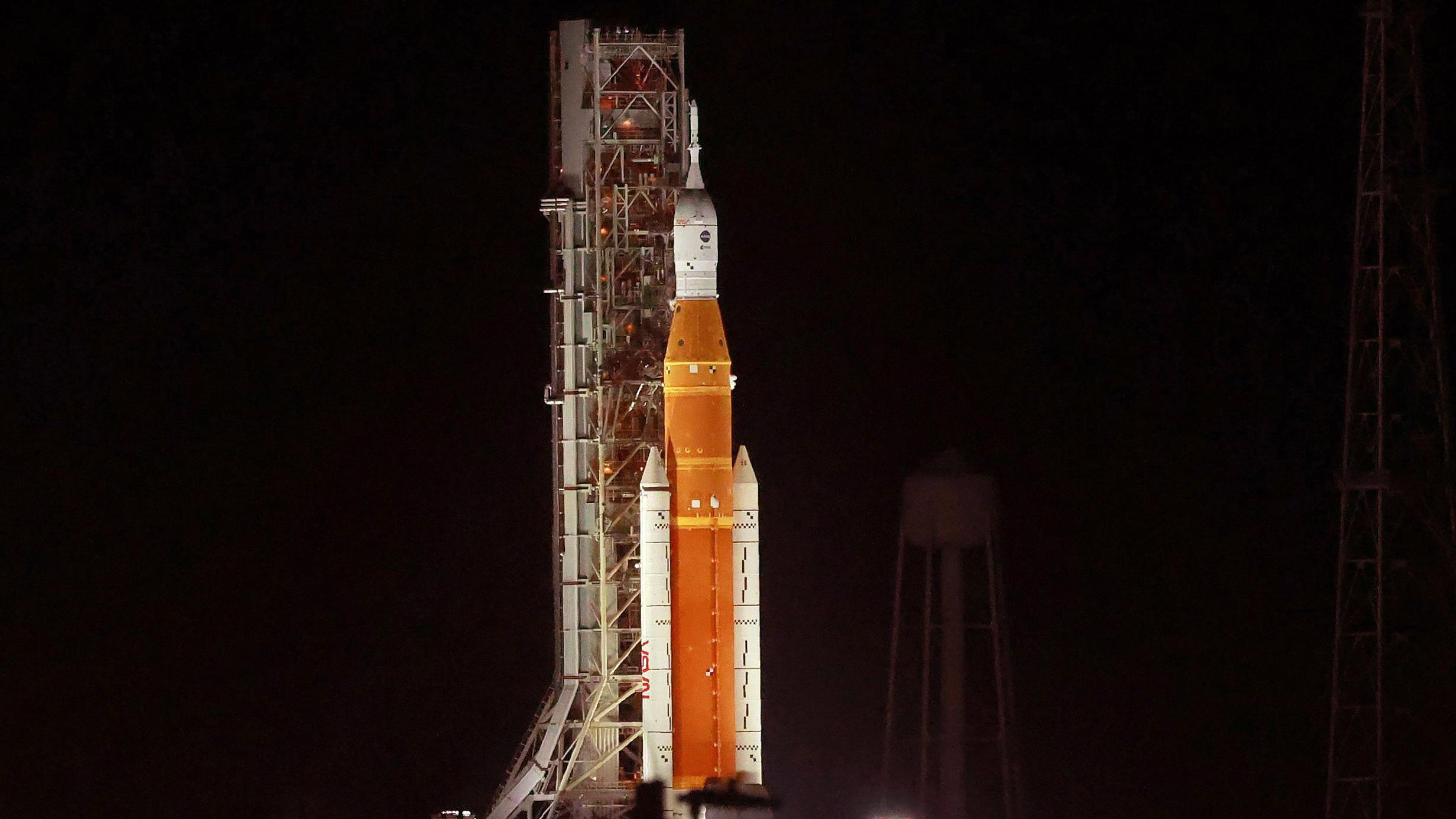NASA Considering Canning Its Primary Rocket Back To The Moon
The Space Launch System continues to delay the Artemis program and is more than $6 billion over budget
NASA is racing itself to the Moon in a new Space Race, pitting contractors against each other to produce the most cost-effective means of delivering astronauts to space. However, some of the agency's partners simply aren't delivering. NASA is now considering canceling the Space Launch System, the Artemis program's primary rocket, after near-constant delays and going billions of dollars over budget.
The Space Launch System was initially conceived in 2011 as the Space Shuttle's replacement. Congress mandated that the first SLS launch happen in 2016, but development delays meant that Artemis I in 2022 was the first time SLS lifted off from Kennedy Space Center. These delays are continuing to happen. Earlier this year, Artemis III, the program's first moon landing was pushed from 2025 to 2026.
The costs of development and production don't stop with the delays. NASA went $6 billion over budget, spending $23.8 billion on SLS in total through 2022, according to Engadget. While the rocket's problems are well-documented, the notion that NASA is finally pulling the plug comes from anonymous sources within the agency. Eric Berger, Senior Space Editor at Ars Technica, posted on X:
To be clear we are *far* from anything being settled, but based on what I'm hearing it seems at least 50-50 that NASA's Space Launch System rocket will be canceled. Not Block 1B. Not Block 2. All of it. There are other ways to get Orion to the Moon.
If SLS is canceled, there isn't a straightforward replacement. SpaceX's Falcon Heavy rocket has a smaller payload and consequently can't haul Artemis' Orion spacecraft all the way to the Moon on its own. Berger hypothesized that NASA could launch the capsule into orbit on a Falcon Heavy before boosting Orion to the Moon with a separately launched Centaur V rocket.
While SLS is in jeopardy, Boeing is looking for the spaceflight's exit door amid the ongoing Starliner debacle. The aerospace giant is also one of the most significant SLS contractors and builds Centaur V rockets in the United Launch Alliance joint venture with Lockheed Martin. Boeing is looking to sell its space division and both ULA partners want to sell the launch provider. Boeing's flame-out is significant, but it won't deter everyone else pushing for the Moon.
